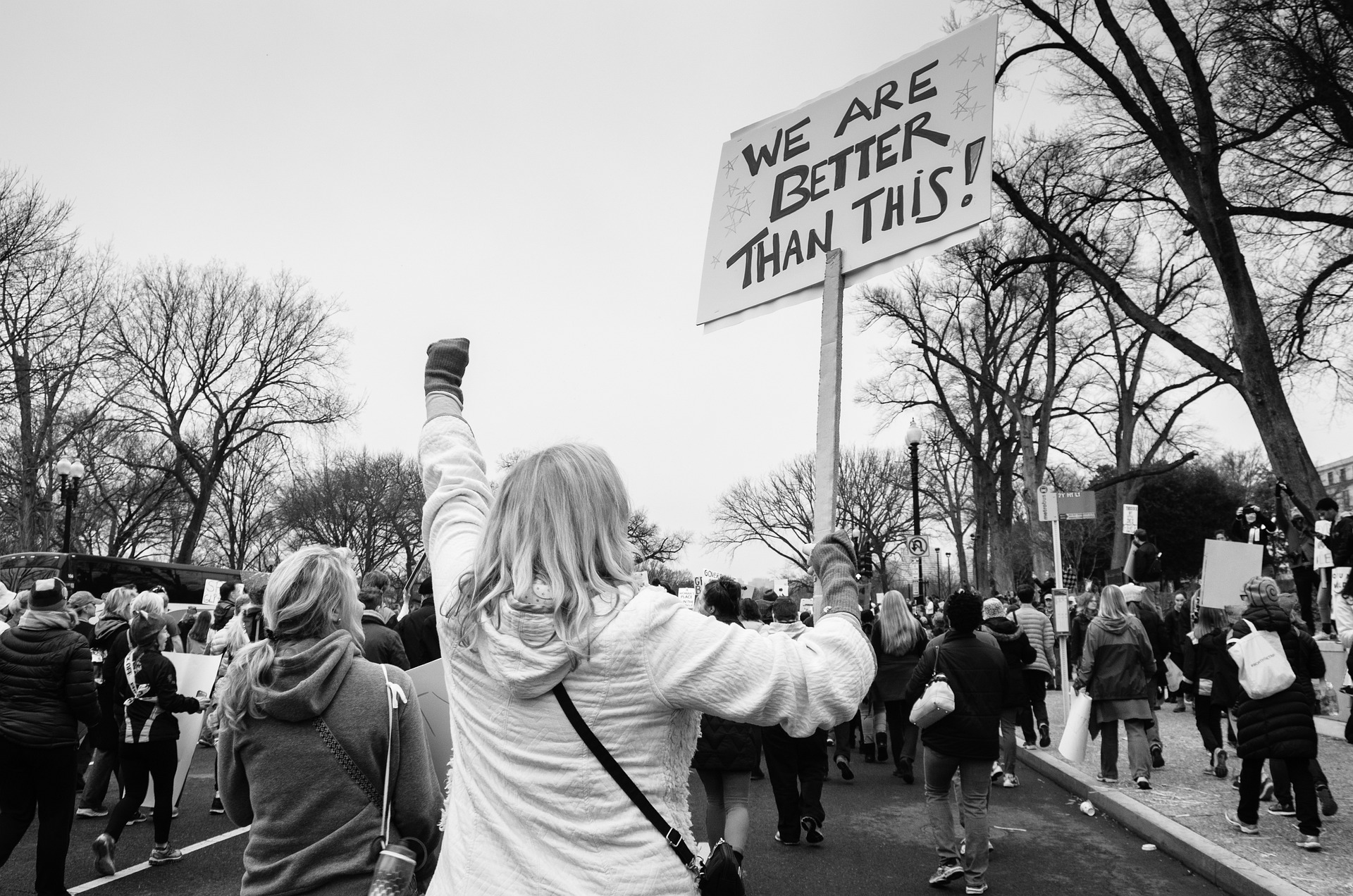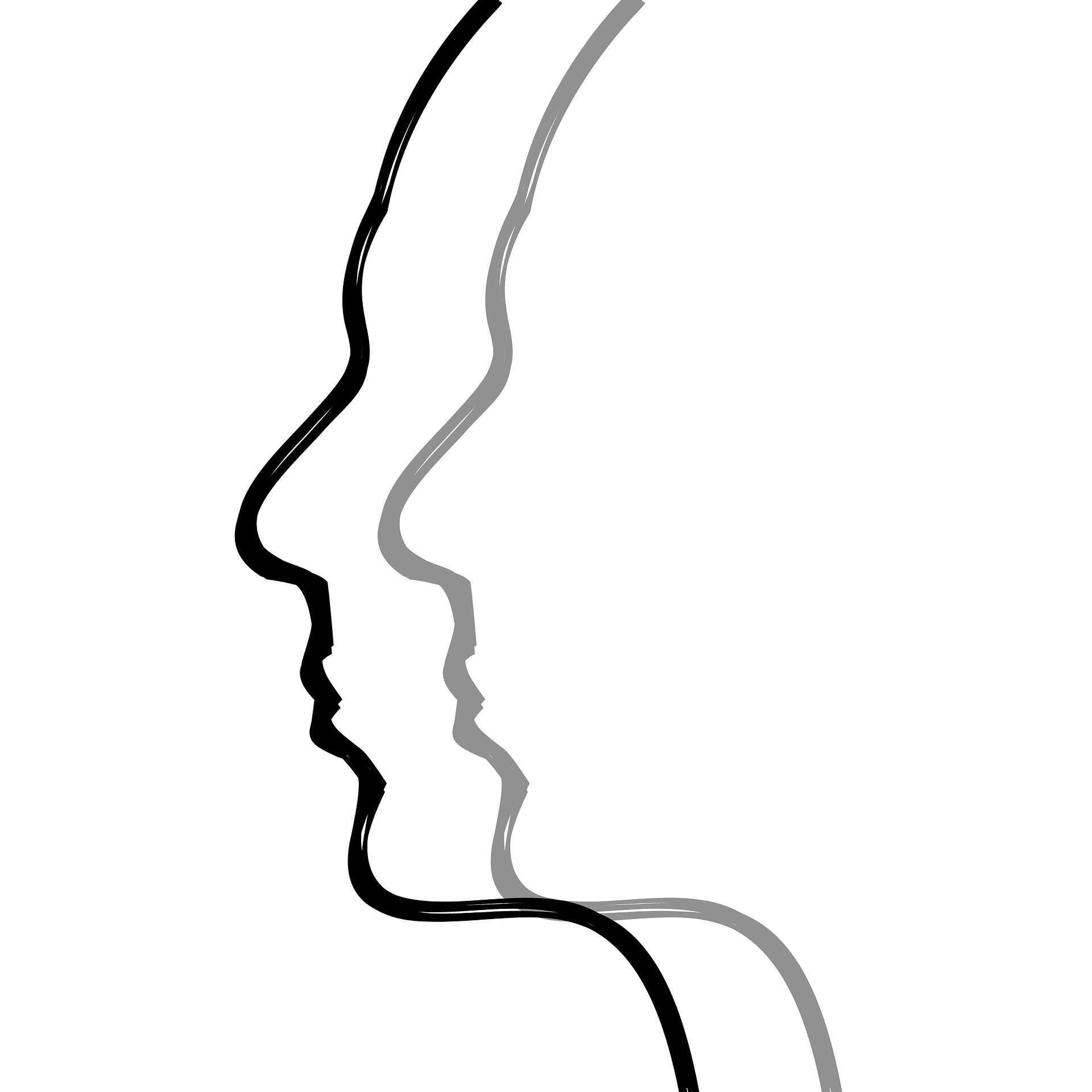International Women’s Day, observed annually on March 8th, is a significant global event dedicated to acknowledging the achievements of women and promoting gender equality. This day not only celebrates the progress made in women’s rights but also serves as a reminder of the ongoing efforts needed to empower women worldwide.
Author: Sintija Strazdina
The origins of International Women’s Day can be traced back to the early 20th century, a time when women around the globe began advocating for better working conditions, voting rights, and equality. The first official gathering for the day was held in 1911, and since then, it has transformed into a worldwide movement endorsed by various organizations, governments, and individuals. The United Nations officially recognized International Women’s Day in 1975, establishing a tradition of annual themes that address pertinent issues.
In 2023, the theme #InspireInclusion emphasizes the need for a more inclusive world where women from diverse backgrounds are empowered to engage fully in society. This theme focuses on identifying and dismantling barriers—be they in education, workplace, politics, or healthcare—that hinder women from attaining equal opportunities.
Celebrations of International Women’s Day can vary significantly across different cultures. In Eastern Europe, for instance, the day is often celebrated with more personal gestures, where men express appreciation for the women in their lives, making it more significant than Valentine’s Day. During the Soviet era, March 8th was highlighted as a day to honor women’s contributions to society, particularly in labor and politics. This tradition continues in post-Soviet states and Eastern European countries, featuring official speeches, school performances, and workplace celebrations.
Several remarkable women have made substantial impacts in their fields, advocating for fairness and equality. A notable example is Malala Yousafzai, a Pakistani activist who survived an assassination attempt by the Taliban in 2012 for her advocacy of girls’ education. She went on to become the youngest-ever Nobel Prize laureate and continues her fight for girls’ education through the Malala Fund.
Another influential figure is U.S. Supreme Court Justice Ruth Bader Ginsburg, who devoted her career to championing gender equality and women’s rights. Her efforts played a critical role in landmark legal decisions that helped shape a more equitable legal system, leaving a lasting legacy that inspires many women in law, politics, and social activism. These women and many more are symbols of courage, determination, and change.
On International Women’s Day, March 8, 2025, they remind us that their rights, equality, and empowerment are collective struggles that require commitment and perseverance. And yet…Gender equality and women’s empowerment are not just women’s battles; they are issues that concern society as a whole. Men have an essential role to play in deconstructing stereotypes, supporting equal opportunities and being active allies in the fight against gender discrimination and violence.
Change requires collective awareness and concrete action within families, businesses, institutions, and cultures. When men commit themselves alongside women, whether by questioning their privileges, educating their sons differently, supporting inclusive policies, or denouncing inequalities, they are helping to build a fairer, more balanced world for all.
This is not opposition, but necessary collaboration. Equality benefits society as a whole, promoting peace, economic progress, and well-being for all.
Cover picture by: StockSnap – Pixabay
Edited by: Ieva Stalauskaite, Johanna Larsson Krausová



